Britain & Ireland
What was it about industrialisation that led to the emergence of a woman’s movement in Victorian Britain? Why do we see so many people fighting for so many rights and liberties in this period and what are the origins of some of the issues we still campaign on today? This section includes our major series on Social and Political Change in the UK from 1800 to the present day. There are also articles and podcasts on the often violent relationship between England and Ireland during this period and England’s changing relationship with Scotland and Wales. Read more
Sort by:
Date (Newest first) | Title A-Z
Show:
All |
Articles |
Podcasts |
Multipage Articles
-

Mountbatten in retirement: the abortive trip to rebel Rhodesia
ArticleClick to view -

My grandfather's recollections of the invasion of Normandy
ArticleClick to view -
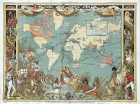
Navigating the ‘imperial history wars’
ArticleClick to view -

Neville Chamberlain: Villain or Hero?
ArticleClick to view -
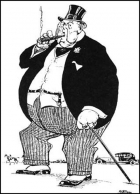
Newcastle and the General Strike 1926
ArticleClick to view -

Nineteenth Century African chiefs in Nuneaton: A local mystery uncovered
ArticleClick to view -
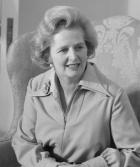
Obituaries: the first verdict in history
ArticleClick to view -

Oscar Wilde: the myth of martydom
ArticleClick to view -

Oxford's Literary War: Oxford University's servicemen and the Great War
ArticleClick to view -

Personality & Power: The individual's role in the history of twentieth-century Europe
ArticleClick to view -

Peterloo: HA interview with Mike Leigh and Jacqueline Riding
ArticleClick to view -

Pleasure Piers: a sign of Victorian exuberance
ArticleClick to view -

Polychronicon 129: Reinterpreting Peterloo
ArticleClick to view -

Polychronicon 136: Interpreting the Beatles
ArticleClick to view -

Pressure and Persuasion Canadian agents and Scottish emigration, c. 1870- c. 1930
ArticleClick to view -
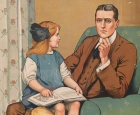
Promoting the First World War, 1914-16
ArticleClick to view -

Queen Victoria
ArticleClick to view -

Queen Victoria as a Politician
ArticleClick to view -

Quixotically Generous...Economically Worthless'
ArticleClick to view -
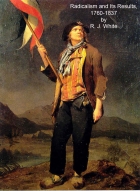
Radicalism and its Results, 1760-1837
ArticleClick to view

